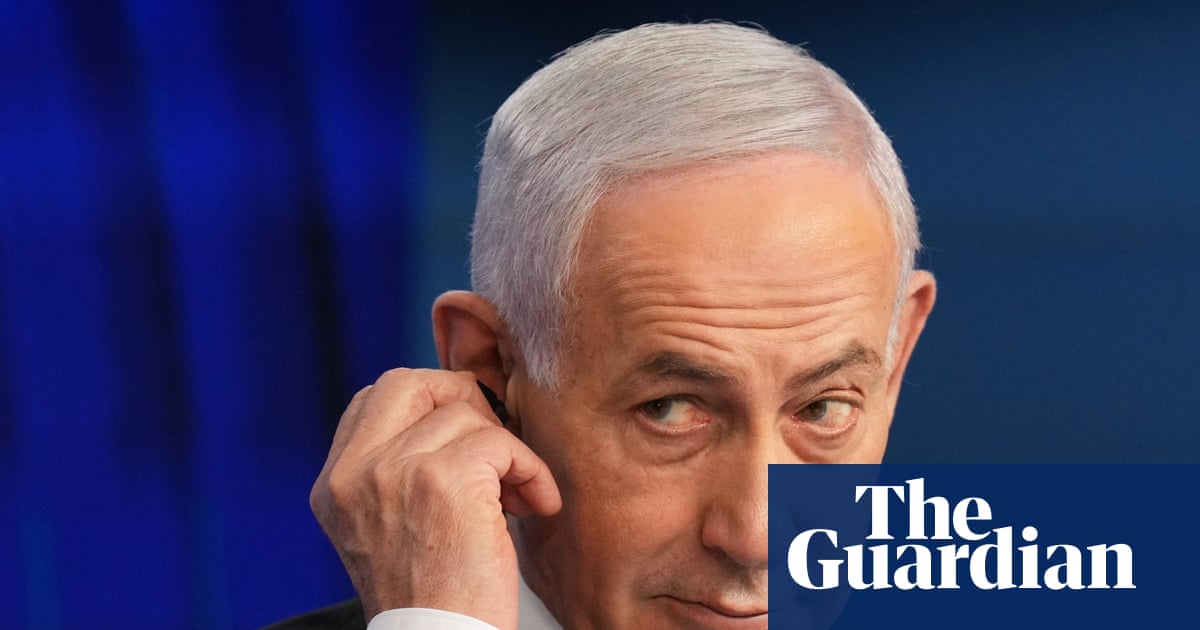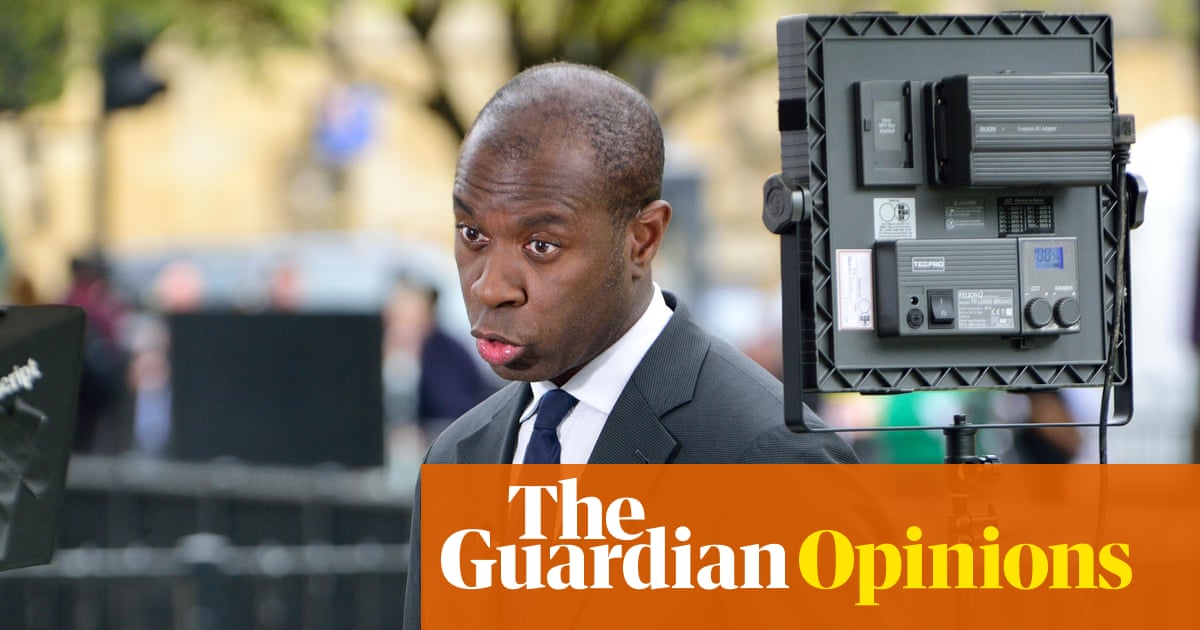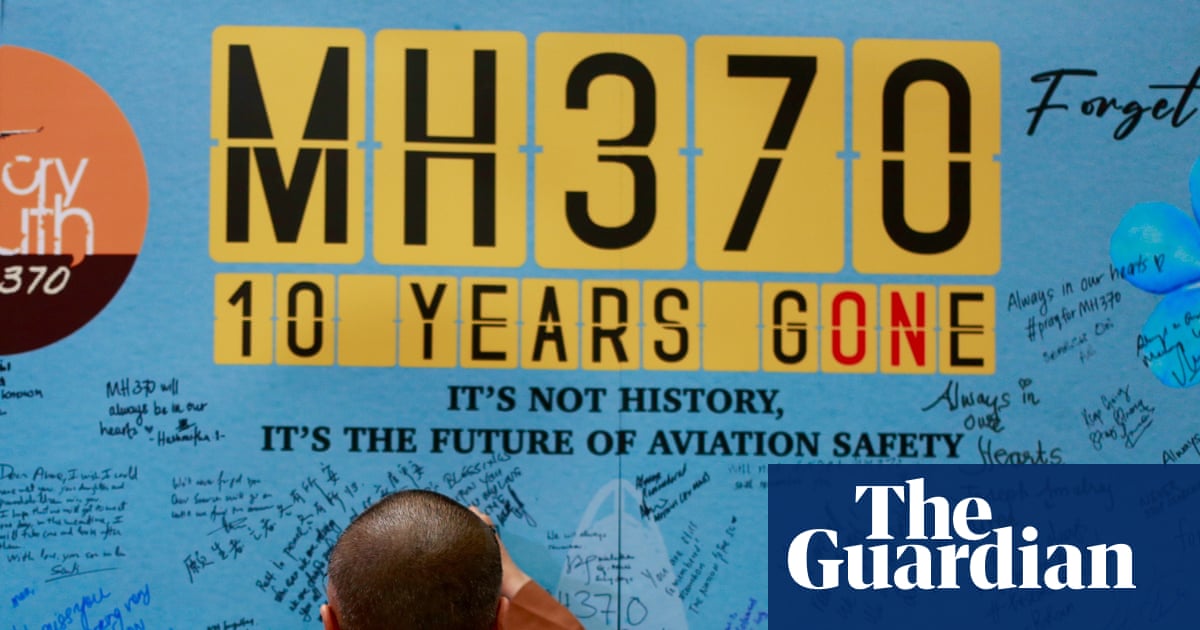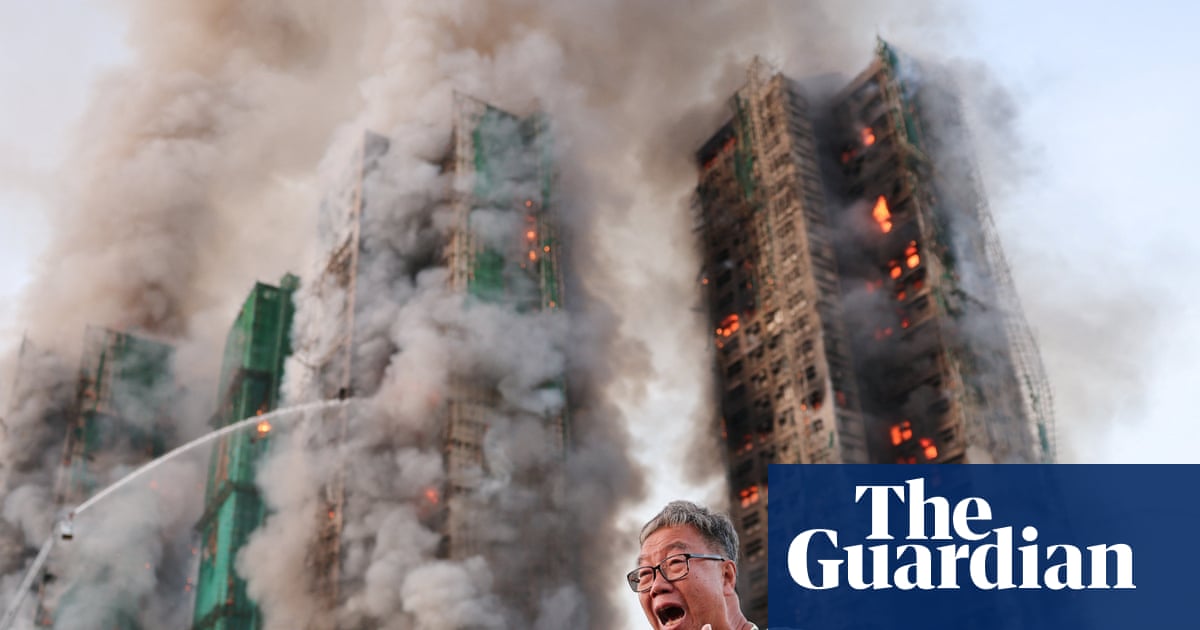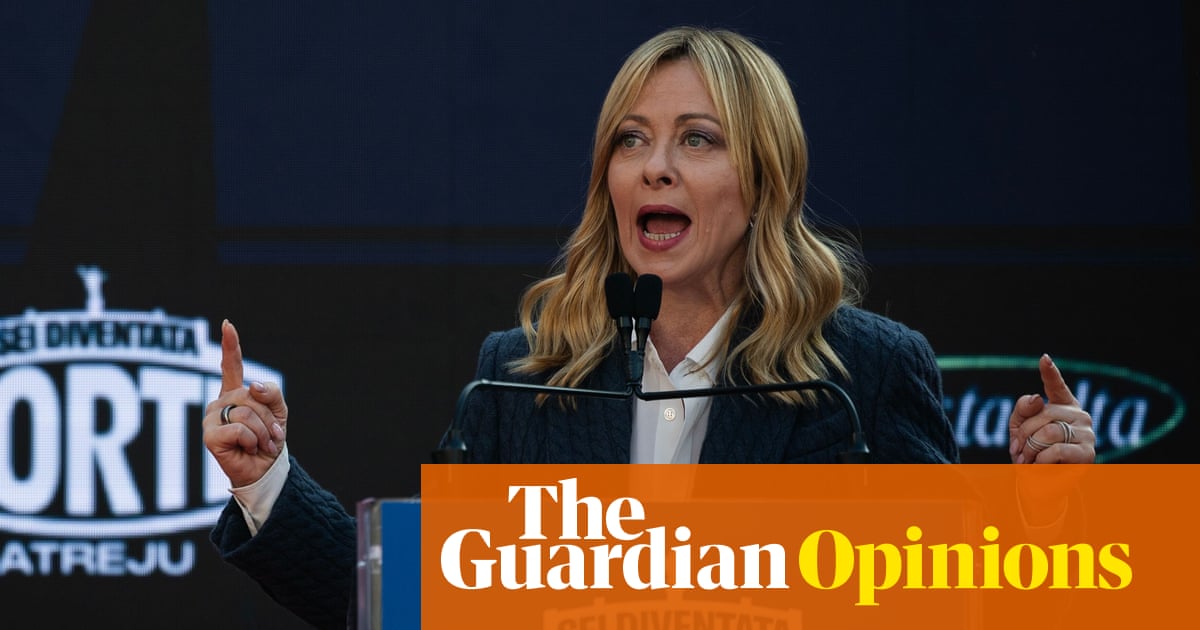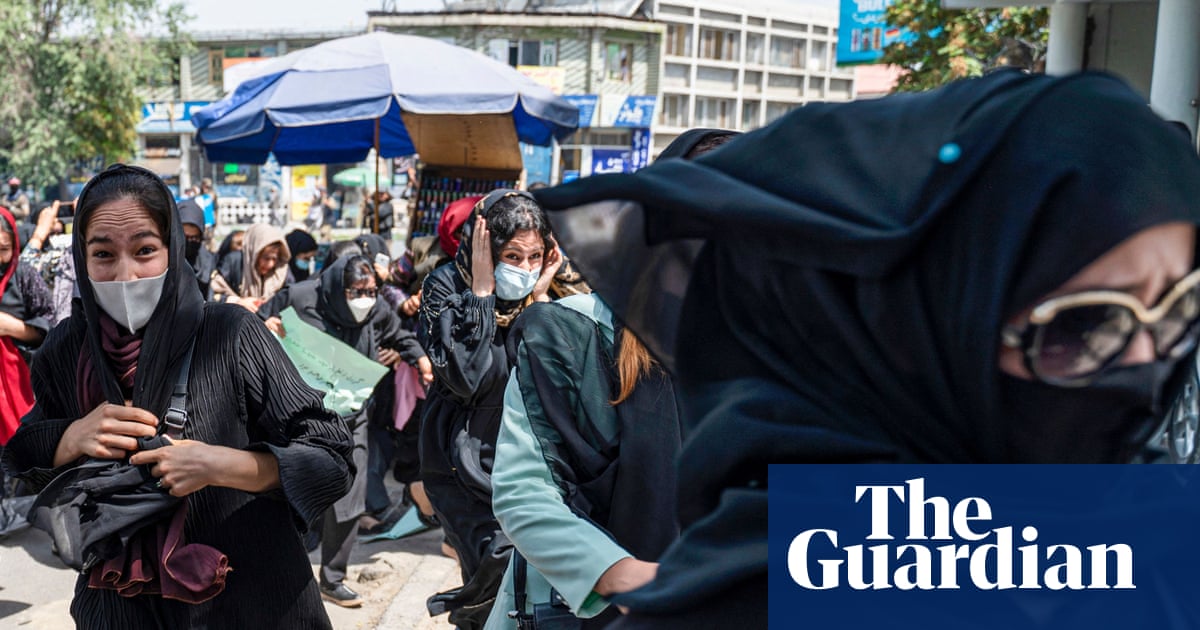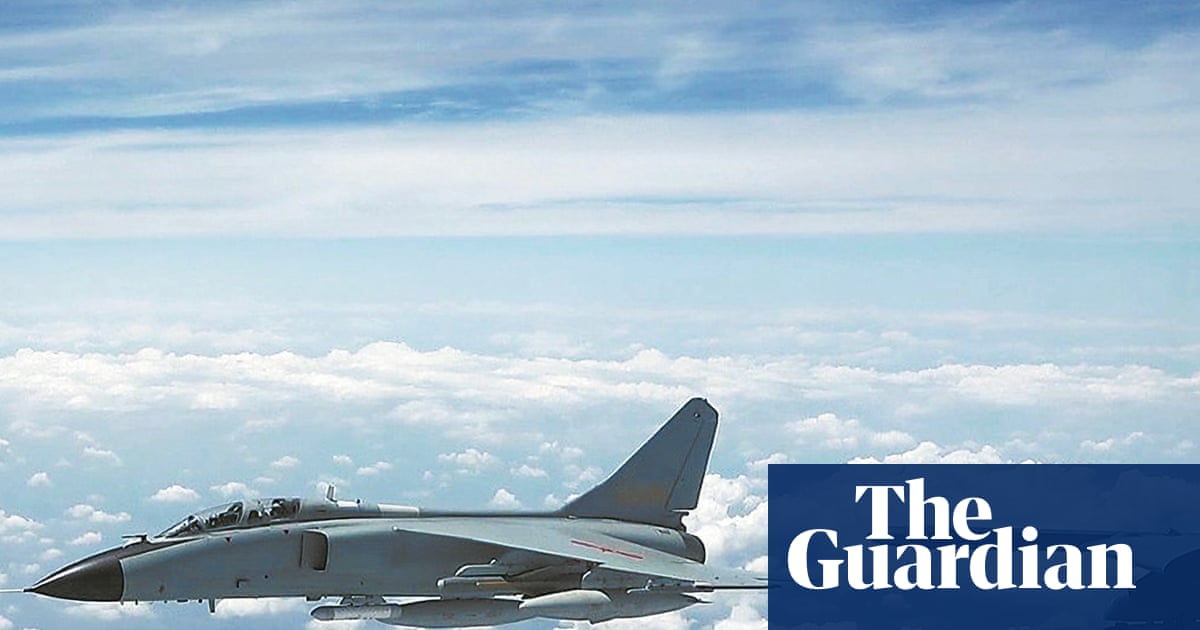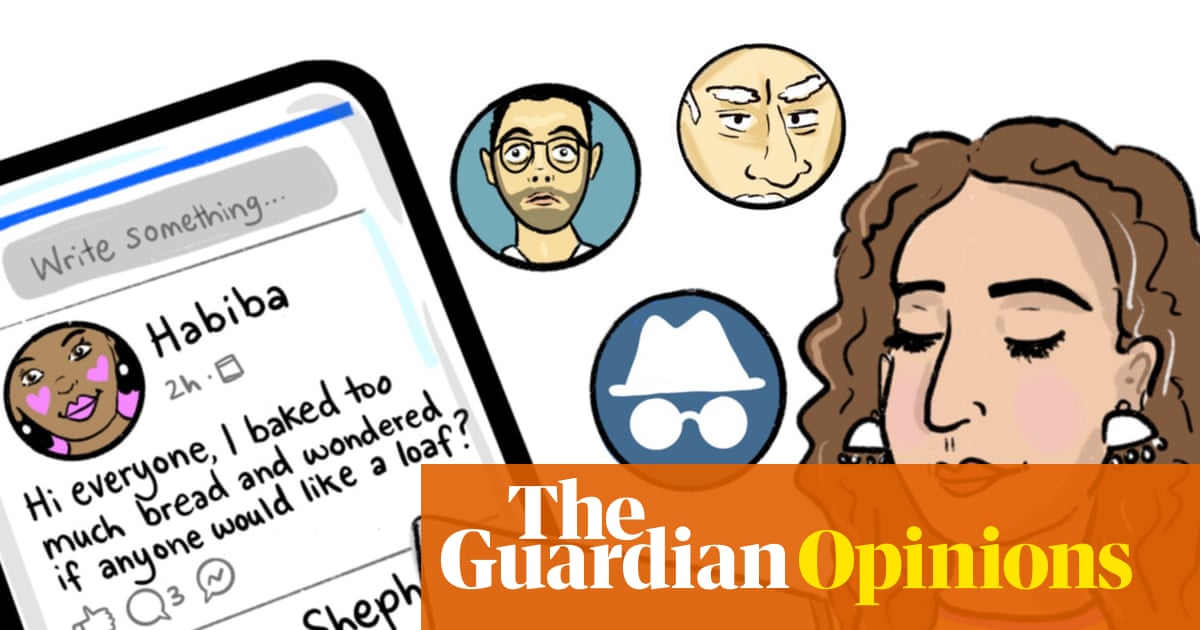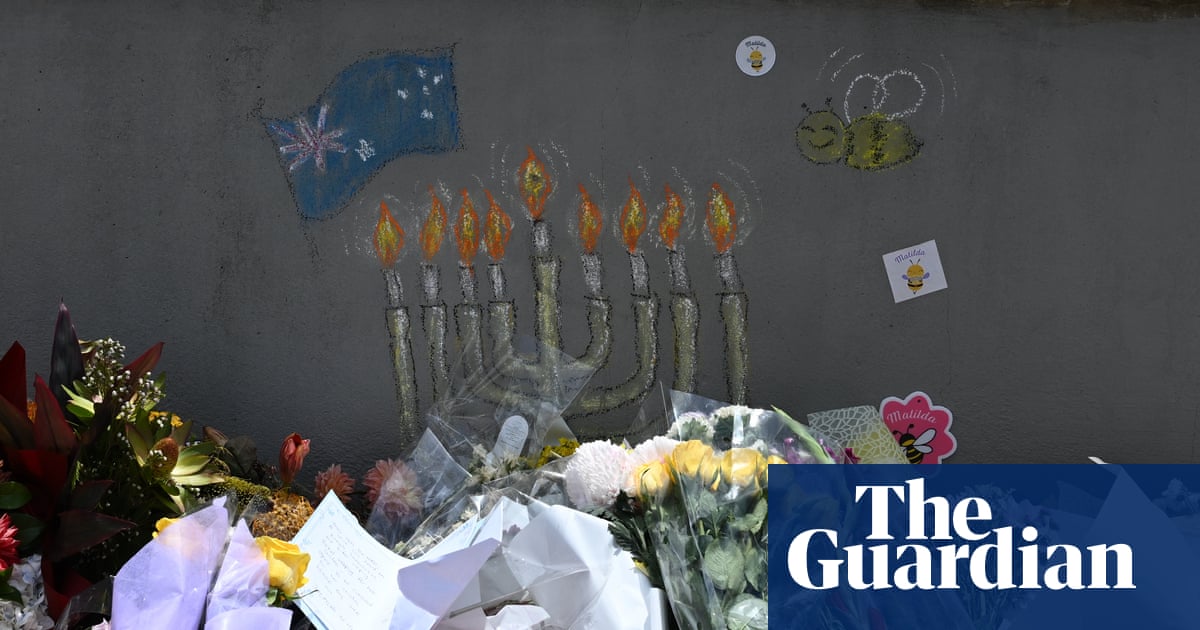When singer-songwriter B Howard takes to the stage in Moscow this month, he’ll be making history. On 20 September the Los Angeles-born artist will be the first to represent the US at Russia’s revived Intervision Song Contest, a cultural spectacle that manages to be both nostalgic throwback and very modern geopolitical manoeuvre. While Eurovision has famously stretched its geographic boundaries to include Australia, Russia’s alternative contest represents a rather different kind of international outreach.
Russia dusting off the Intervision brand, largely dormant since 1980 apart from a brief reprise in 2008, follows the country’s exclusion from Eurovision since its full-scale invasion of Ukraine in 2022. Its expulsion cut off access to a platform that – while often mocked by British audiences – had served as a crucial tool of cultural diplomacy for decades.
Emblazoned on Intervision’s website is the claim that: “The world-famous music event returns to Russia” – but the contest was, in fact, conceived in 1960s Czechoslovakia. What’s more, that original contest served rather different purposes. “The idea of Intervision was certainly not what the Russians are presenting us these days,” explains Dean Vuletic, a historian who has extensively researched the contest.
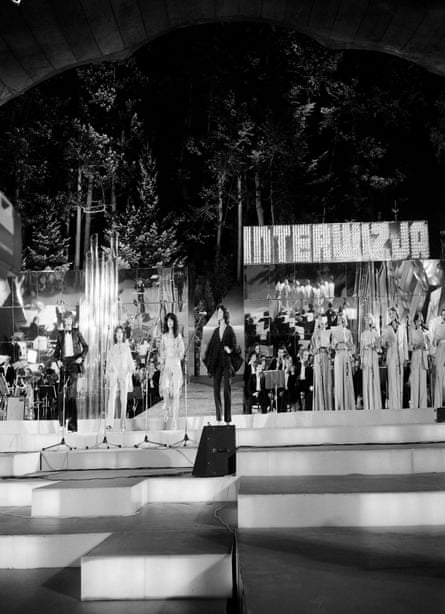
Rather than being born of exclusion, Vuletic says the first series, running from 1965 to 1968, was explicitly designed to bring east and west together; Czechoslovak Television actually offered to collaborate with Eurovision organisers, though the proposal was rejected. When the contest finally launched, it featured western artists alongside eastern European performers, including Eurovision winners such as Puppet on a String singer Sandie Shaw and Austrian crooner Udo Jürgens appearing as interval acts.
Poland took Intervision’s international ethos even further during the contest’s second iteration from 1977 to 1980, including artists from Japan, the US and Canada in a parallel competition for artists representing record companies. Both versions were fundamentally commercial enterprises, with Czech and Polish organisers using the platform to court western record labels and launch careers like that of Karel Gott, who became Czechoslovakia’s biggest pop star after winning the inaugural Intervision. As Vuletic says: “They wanted to attract the interest of western commercial record companies. It’s not like they were communists who wanted nothing to do with capitalism.”
The Soviets themselves, meanwhile, were not especially invested in these early contests. “Having been to the archives in Moscow, my conclusion is that the Russians themselves weren’t that interested,” notes Vuletic. With their vast domestic market, they simply didn’t need Intervision to access broader audiences.
To understand why Russian president Vladimir Putin is now so engaged with the concept that he brought the contest back to life via a presidential decree in February requires examining how Eurovision itself has changed since the cold war. The European Broadcasting Union’s expansion eastward in the 1990s dramatically altered the contest’s character, bringing in broadcasters from former Soviet republics and communist states who used the platform to assert their European identity.
This shift coincided with Eurovision’s growing association with LGBTQ+ causes, beginning with Iceland’s Páll Óskar – the contest’s first openly gay contestant – in 1997 and followed by Dana International’s 1998 victory and Conchita Wurst’s triumph in 2014. The bearded drag queen’s win particularly rankled Moscow, coming just as Putin’s government was promoting “traditional values” and passing laws restricting LGBTQ+ content. For visual culture and identities scholar Bárbara Barreiro León, Intervision serves as a “cultural counterweight” to Eurovision, and is born of “a desire to challenge western cultural dominance, particularly as Eurovision has come to represent liberal, western values.”
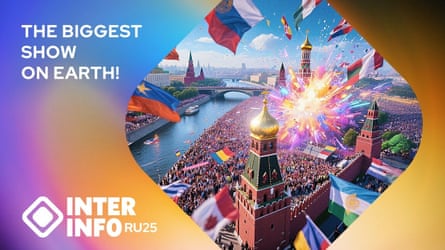
Beyond the contest’s penchant for camp, perhaps even more galling for the Kremlin was Eurovision’s role as a platform for countries once under Soviet rule to showcase their independence and distinct cultures. Ukraine’s multiple victories – including Jamala’s 2016 song about Stalin’s deportation of Crimean Tatars – directly challenged Putin’s narrative that Ukraine lacks legitimate independent culture and history. As expert in post-cold war history Catherine Baker notes, Ukraine’s creativity in Eurovision has made the contest “a platform where hundreds of millions of viewers can see that Putin’s falsehoods about Ukraine aren’t true.”
While Russian officials promise to promote “traditional values” and reject what they term the “perversions” of Eurovision, this sanitised approach may prove counterproductive. “People like to watch Eurovision because of all of that diversity, because of the provocations, because of the politics,” says Stephen Hutchings, who has studied Russian media for several decades.
So, who has signed up for Putin’s alternative vision? Participating countries appear to be primarily those neutral or supportive of Russia’s position on Ukraine, though the exact roster remains fluid. Initial reports suggested 20-21 countries, and the official website at the time of writing lists 17 – still considerably fewer than the 37 who competed in the ESC in Basel this year. These include Belarus, Kazakhstan, Venezuela, Cuba, and Qatar, alongside Serbia, notionally an EU candidate country. The US’s participation, sending an artist perhaps best known as the subject of speculation about being Michael Jackson’s son, is perhaps the most bizarre. Suffice to say, Ukraine will not be taking part. The country’s foreign ministry has condemned the event “as an instrument of hostile propaganda and a means of whitewashing the aggressive policy of the Russian Federation.”
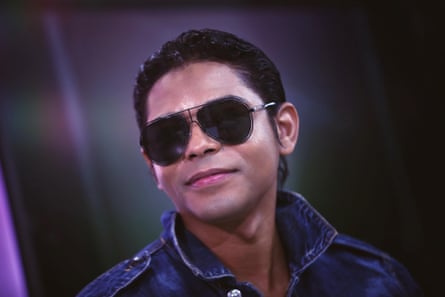
Beyond politics, Intervision faces practical hurdles. Unlike Eurovision, where participants largely share similar time zones (with the notable exception of Australia), Intervision spans multiple continents, making engagement with the live broadcast and voting procedures more challenging. 8pm in Moscow is 1pm in Cuba and Venezuela – not exactly primetime viewing. Many performances will need to be recorded and shown the following day, undermining the communal viewing experience that makes Eurovision compelling. Unlike Eurovision, which developed alongside European integration and shared cultural experiences, Intervision lacks the underlying political and geographic foundation that could spark and sustain long-term viewer engagement.
The eclectic mix of far-flung participating countries, according to Hutchings, reflects Russia’s broader strategic pivot away from the west toward the global south and Brics nations. Like the reorientation of Russian state TV news network RT after western bans, the contest represents an attempt to build alternative cultural infrastructure outside western-dominated spaces. Yet for all the geopolitical posturing, the initiative may function more as domestic theatre than international outreach: Putin’s broader strategy of constructing a patriotic Russian culture, while demonstrating that the country can thrive independently of European institutions.

If that’s the goal, early indicators suggest the audience isn’t exactly enthralled. As Barreiro León points out, the contest’s social media presence remains underwhelming – little over 4,000 Instagram followers at the time of writing (though Instagram is blocked in Russia, forcing users to access it via VPN), about 14,000 on Russian social media site VKontakte, and approximately 45,000 on a Telegram channel. Eurovision, for comparison, boasts 2.2 million Instagram followers. Even Russian audiences may prove skeptical, Vuletic believes, with educated young Russians seeking cutting-edge music unlikely to embrace a contest explicitly promoting conservative values.
Whether this latest attempt to resurrect Intervision will prove more successful than previous efforts remains to be seen. Moscow may frame this as cultural competition, but practical realities suggest the contest faces an uphill battle. Of course, most European audiences won’t be able to judge for themselves – unlike Eurovision’s widespread broadcast across the continent, Intervision won’t be gracing screens in the EU or the UK. As for whether Russia’s alternative will strike the right note with global audiences – the jury’s out.

 3 months ago
45
3 months ago
45


